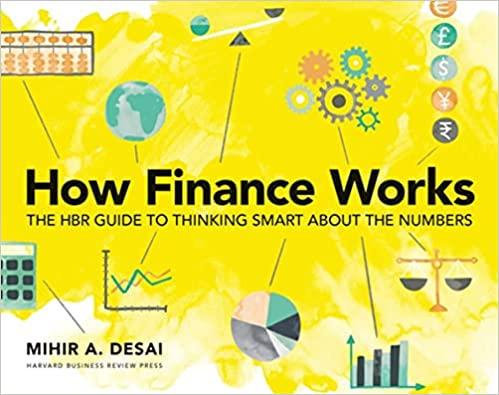

OK 10 Assignment Attempts Average/3 1. Stock prices and stand-alone risk The S&P 500 Index is one of the most commonly used benchmark indices for the U.S. equity markets. Consisting of 500 companies, it is a market value-weighted Index. This means that each company's performance is reflected in the index, weighted by the ratio of the company's value to the total value of all the panies. Based on your understanding of P/E ratios, in which of the following situations would the average trolling P/E ratio (current price divided by earnings per share over the previous 12 months) of the S&P 500 Index be higher? The outlook for the economy and the markets is for an improvement The outlook for the economy and the markets is for a downturn. You invest $100,000 in only one stock. To which kind of risk will you primarily be exposed? Portfolio risk Stand-alone risk Generally, investors would prefer to invest in assets that have: A lower-than-average expected rate of return given its perceived risk. A higher-than-average expected rate of return given its perceived risk. Grade It Now Save & Continue Continue without saving Manage 3. Measuring stand-alone risk using realized (historical) data X Returns earned over a given time period are called realized returns. Historical data on realized returns is often used to estimate future results Analysts across companies use realized stock returns to estimate the risk of a stock. Consider the case of Happy Dog Soap Inc. (HDS) Five years of realized returns for HDS are given in the following table. Remember: 1. While HDS as started 40 years ago, its common stock has been publicly traded for the past 25 years. 2. The returns on its equity are calculated as arithmetic returns. 3. The historical returns for HDS for 2014 to 2018 are: 2015 2016 2014 7.50% 2017 2018 12.60% 3.90% Stock return 5.10% 9.00% Given the preceding data, the average realized return on HDSS stock is of HDS's historical returns. Based on this conclusion, the standard deviation of HDS The preceding data series represents historical returns is If investors expect the average realized return from 2014 to 2018 on HDS's stock to continue into the future, its coefficient of variation (CV) will be OK 10 Assignment Attempts Average/3 1. Stock prices and stand-alone risk The S&P 500 Index is one of the most commonly used benchmark indices for the U.S. equity markets. Consisting of 500 companies, it is a market value-weighted Index. This means that each company's performance is reflected in the index, weighted by the ratio of the company's value to the total value of all the panies. Based on your understanding of P/E ratios, in which of the following situations would the average trolling P/E ratio (current price divided by earnings per share over the previous 12 months) of the S&P 500 Index be higher? The outlook for the economy and the markets is for an improvement The outlook for the economy and the markets is for a downturn. You invest $100,000 in only one stock. To which kind of risk will you primarily be exposed? Portfolio risk Stand-alone risk Generally, investors would prefer to invest in assets that have: A lower-than-average expected rate of return given its perceived risk. A higher-than-average expected rate of return given its perceived risk. Grade It Now Save & Continue Continue without saving Manage 3. Measuring stand-alone risk using realized (historical) data X Returns earned over a given time period are called realized returns. Historical data on realized returns is often used to estimate future results Analysts across companies use realized stock returns to estimate the risk of a stock. Consider the case of Happy Dog Soap Inc. (HDS) Five years of realized returns for HDS are given in the following table. Remember: 1. While HDS as started 40 years ago, its common stock has been publicly traded for the past 25 years. 2. The returns on its equity are calculated as arithmetic returns. 3. The historical returns for HDS for 2014 to 2018 are: 2015 2016 2014 7.50% 2017 2018 12.60% 3.90% Stock return 5.10% 9.00% Given the preceding data, the average realized return on HDSS stock is of HDS's historical returns. Based on this conclusion, the standard deviation of HDS The preceding data series represents historical returns is If investors expect the average realized return from 2014 to 2018 on HDS's stock to continue into the future, its coefficient of variation (CV) will be








